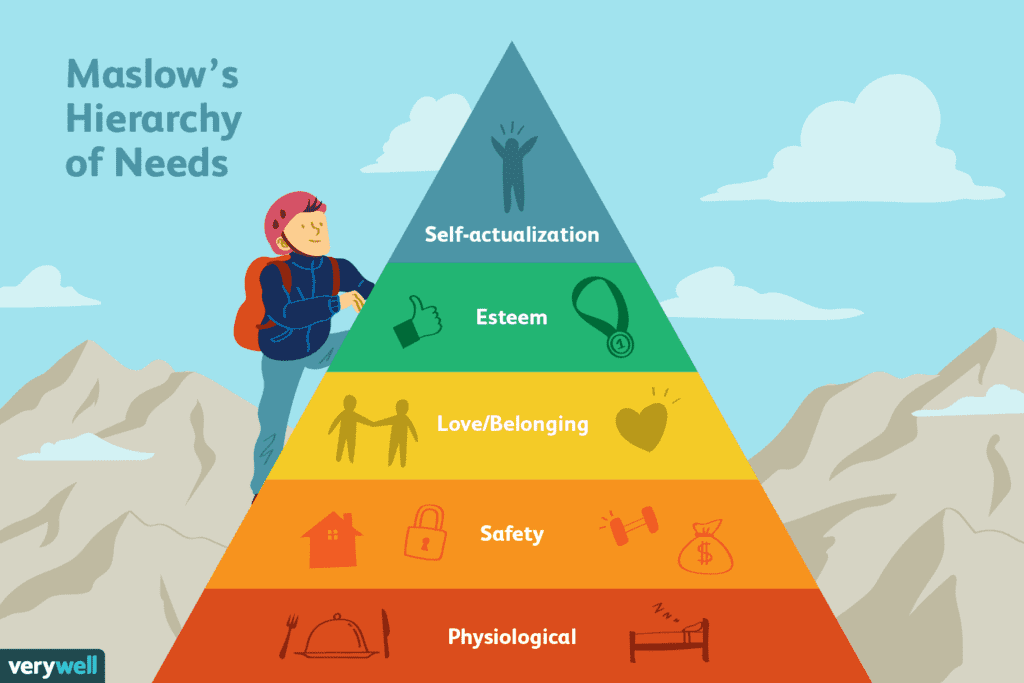From Coping To Conquering
We’ll determine what your child needs help with and improve these skills. Then, we’ll show them how to tackle hard tasks. They’ll learn to keep going even when things get tough. We equip your child with executive skills so that they can handle things themselves.
CLICK HERE: Does your child have difficulty with Executive Functioning?
One or more of these items can be a sign of executive functioning difficulty:
- Struggles with initiating tasks and getting started.
- Can concentrate on either fine details or the big picture but struggles to focus on both simultaneously.
- Finds it challenging to estimate the time needed for a task.
- Approaches tasks either hastily and with little organization or slowly and incompletely.
- Encounters difficulty integrating feedback into work or activities.
- Persists with a plan, even when it’s evident that the plan isn’t effective.
- Faces challenges maintaining attention and is prone to distractions.
- Loses track of thoughts when interrupted.
- Requires repeated directions for understanding.
- Struggles with decision-making.

Why didn’t other services work in the past?
Most professionals start from the top down. They help students improve self-esteem by working on high-level skills. But your child keeps failing.
What if the problem stems from the basics?
If the foundation lacks important skills, it affects everything built upon it. We excel at identifying and filling these missing foundational skills, strengthening all the higher-level skills in the process.
The Program
Evaluation:
our in-house developed ExecFunctional evaluation uncovers possible developmental gaps (e.g., memory, attention, developmental milestones, and more).
About
Mr. Minevich holds a medical degree in Occupational Therapy and boasts over 25 years of experience in school-related settings. Additionally, he possesses a master’s degree in Cognitive-Clinical Psychology, specializing in psychometry (IQ testing), computer-assisted learning models, and speed reading. Mr. Minevich believes in the importance of dedicating time not only to assess a child’s development but also to form a meaningful connection as a mentor, guiding them through challenges tailored to their needs.
It’s not MoTiVaTiOn
Not about Motivation? Click here
You don’t need motivation to do something. It’s the opposite. It’s the action that creates the motivation. I will get a small success, and that will make your child feel like doing it again. We teach your child how to be their best self when they’re least motivated.
Unraveling brain programming. Click here
We don’t teach motivation; We teach how to find motivation in perseverance, physical exercise, and high-level skills like time management. We help your child act based on their beliefs and desires, not just to please others or to get better grades. They’ll learn to stay motivated from hard work, not the other way around.
We directly address the three most common stories students tell themselves:
1. I want something and I can’t have it.
2. I’m different and can’t do it.
3. I’m not enough.
Daily actions. Click here
Next Step Method
Our brains delete what we don’t focus on.
Focus on what you can’t control (e.g., the past or what is missing) = stress.
Instead of focusing on the end goal, we start with ONE STEP at a time:
* Daily actions- form new habits
* Change your environment = eliminate cues that cause negative actions.
- No cue for the behavior; it becomes extinguished.
* Don’t let your day or feelings plan your day, you are in control.
Adding physical skills to Executive Function. Click here
Getting back to basics
A child develops phsycially and then cognitively. Sometimes, getting back to basics (e.g., exercise, sleep hygein and proper nutrition is worth it’s weight in gold. Let’s take a look at that first before we work on high level skills.
Our medically based model incorporates a developmental mile-stone evaluation, physical skills (e.g., stretches that affect the autonomic system), and mindfulness to reset the brain away from anxiety and stress.
